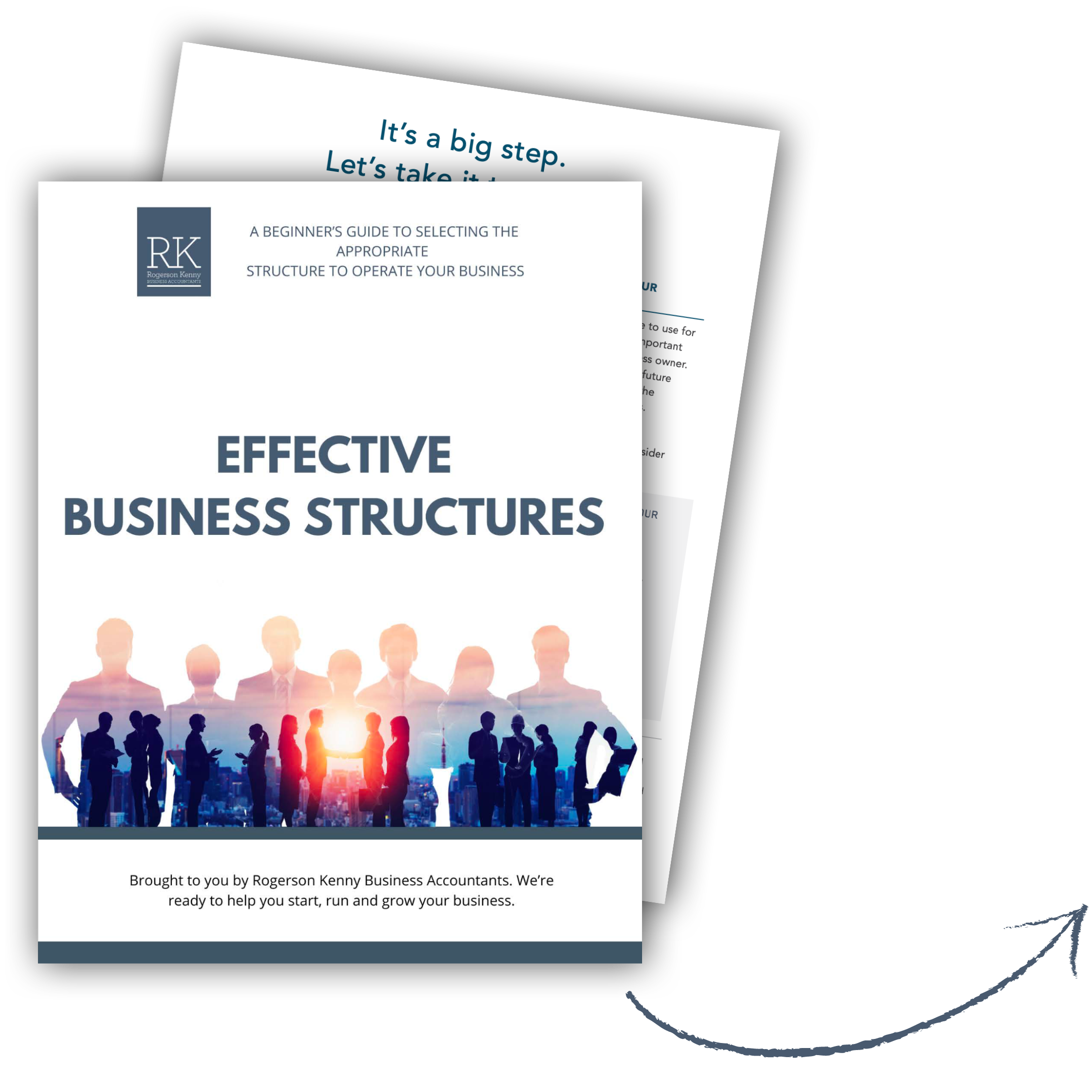A common question from our clients is….
“What is the difference between a company and a family trust?”
When it comes to choosing a business structure in Australia, two popular options are a company and a family trust. Both have their advantages and disadvantages, and the choice largely depends on your specific business or investment needs and goals, your family circumstances and so on. Here are some of the key factors you should consider.
Ownership and Control
One of the biggest differences between a company and family trust business structure is ownership and control. In a company, ownership is divided into shares, and each shareholder has a say in how the company is run based on their shareholding percentage. In contrast, a family trust is controlled by the trustee who manages the family trust on behalf of the beneficiaries. The trustee has complete control over the family trust’s assets and can make decisions without the input of the beneficiaries. As the beneficiaries of a family trust have no rights to income or capital of the family trust whereas shareholders of a company do have rights to income and capital – this is a key difference in the two business structures.
Taxation
Taxation is another important factor to consider when choosing a business structure. Companies are taxed as separate legal entities, and their profits are taxed at the corporate tax rate, which is currently 30% (or 25% for base rate entities). On the other hand, family trusts are not taxed directly. The income or capital gains of a family trust is distributed to the beneficiaries who are then taxed at their individual marginal tax rates. This can be advantageous for families with multiple beneficiaries who are in different tax brackets as income can be distributed to those with lower marginal tax rates to help minimise tax obligations. Further, assets held for more than 12 months by a family trust will enjoy the 50% general discount on a capital gain, whereas in company business structure, assets are simply taxed at the company rate, with no capital gains tax discount.
Asset Protection
Companies and Family trusts have similar levels of asset protection, which are both excellent, so long as the family trust have a corporate trustee. Both provide excellent separation between assets and risk. A common issue we see with both a company and family trust business structures is related party loans or unpaid present entitlements, which effectively can link multiple entities or natural people within a family group and making these loans at call, should an entity fail. A definite watch out for asset protection purposes.
Cost and Complexity
Setting up a company or a family trust can be more complex and expensive than operating as a sole trader or partnership, and ongoing maintenance can also be more costly. However this business structure is usually done for the benefit of asset protection, greater tax flexibility or succession planning. Companies have more regulatory requirements, such as the need to hold annual general meetings and keep minutes of directors’ meetings, etc. In contrast, family trusts have fewer regulatory requirements, but they still require ongoing management and compliance to ensure they are structured correctly.
Addition of unrelated parties
A company has the ability to add an unrelated business partner or investor, as such a party would have fixed rights to income and capital of the company. A sum of money can be paid to another party for their shares or indeed, new shares can be issued, again, fixing rights to income and capital. This is not possible for a family trust and as such, a family trust is not an appropriate business structure for unrelated business parties or investors – as of the no fixed rights to income and capital and the fact that a family trust cannot distribute funds outside a set of named beneficiaries (which is usually the family group).
Beyond these considerations are many variables that require thought to ensure that your business structure aligns with your specific situation.
As expert in taxation and business accounting, our team at Rogerson Kenny can work with you to review your circumstances and help you understand the best path forward.
You can schedule a FREE business consultation with one of our directors here, or contact us on 03 9802 2533.

Effective Business Structures: Your essential guide.
A beginner's guide to selecting the appropriate structure to operate your business
Designed to be thought-provoking, it helps you identify issues and opportunities in each business structure while covering essential operational and performance considerations, all backed by our business advisor insights.







